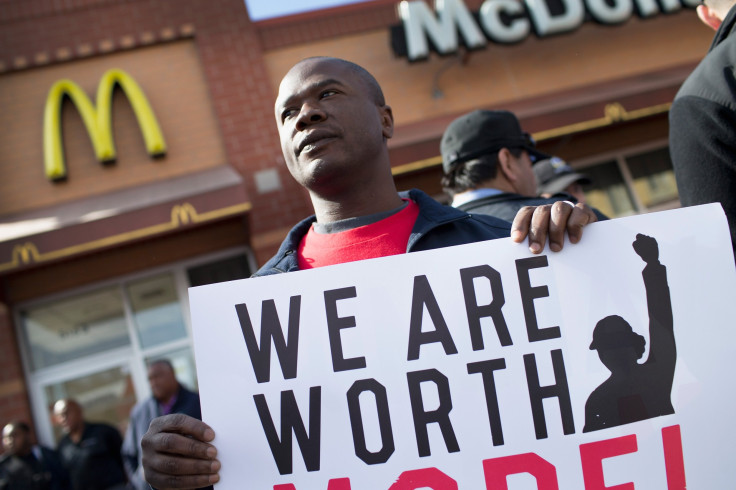Three In 10 Americans Lack Emergency Savings, Poll Finds

Wages have inched up in recent months and economic vital signs are improving. Yet nearly three in 10 Americans -- 29 percent -- report having no emergency savings to tide them over for a rainy day, a survey from Bankrate.com found.
That's the highest level in five years, according to Greg McBride, Bankrate's chief financial analyst. "Unfortunately it’s not a fluke," he said. "It’s moving in the wrong direction."
Nearly two-thirds of Americans, meanwhile, have less than five months' savings in the piggy bank, the basic minimum financial planners generally consider requisite for financial security. Of the 1,000 adults polled, only 22 percent said they had a hefty enough financial cushion to last at least five months, the lowest rate measured in the five-year history of the survey.
Despite a widely held perception that millennials lack money skills, people under 30 generally reported having a more solid financial footing. Twenty-somethings showed the highest level of three-to-five-month savings of any age group, according to the survey. Younger adults, however, often don't have to worry about the mortgages, health costs and other large expenses that weigh down their elders.
Wages, not ages, best predict who can withstand a sudden job loss or unexpected medical bill. Of those making less than $30,000 a year, more than half reported having no emergency savings.
Economists note that even as wage growth shows glimmers of hope after years of stagnating, it's hardly enough to keep pace with the rising cost of living. A 2014 Pew Reseach Center survey found that 56 percent of Americans felt their take-home pay couldn't bear the increasing burden of expenses like rent and childcare.
"Americans have a long-held tradition of not being good savers," McBride said. "But compounding the problem in recent years is the fact that so many people haven’t seen an increase in their incomes."
The Bankrate survey did have an upside. A greater share of those polled reported positive overall financial health, as measured by factors including job security and net worth. That continues a yearlong trend of increasing economic optimism.
But that positivity has yet to show up in the amount of emergency funds Americans set under the mattress. "Savings continues to be the area where people feel their situation is deteriorating over time," McBride said.
© Copyright IBTimes 2025. All rights reserved.






















